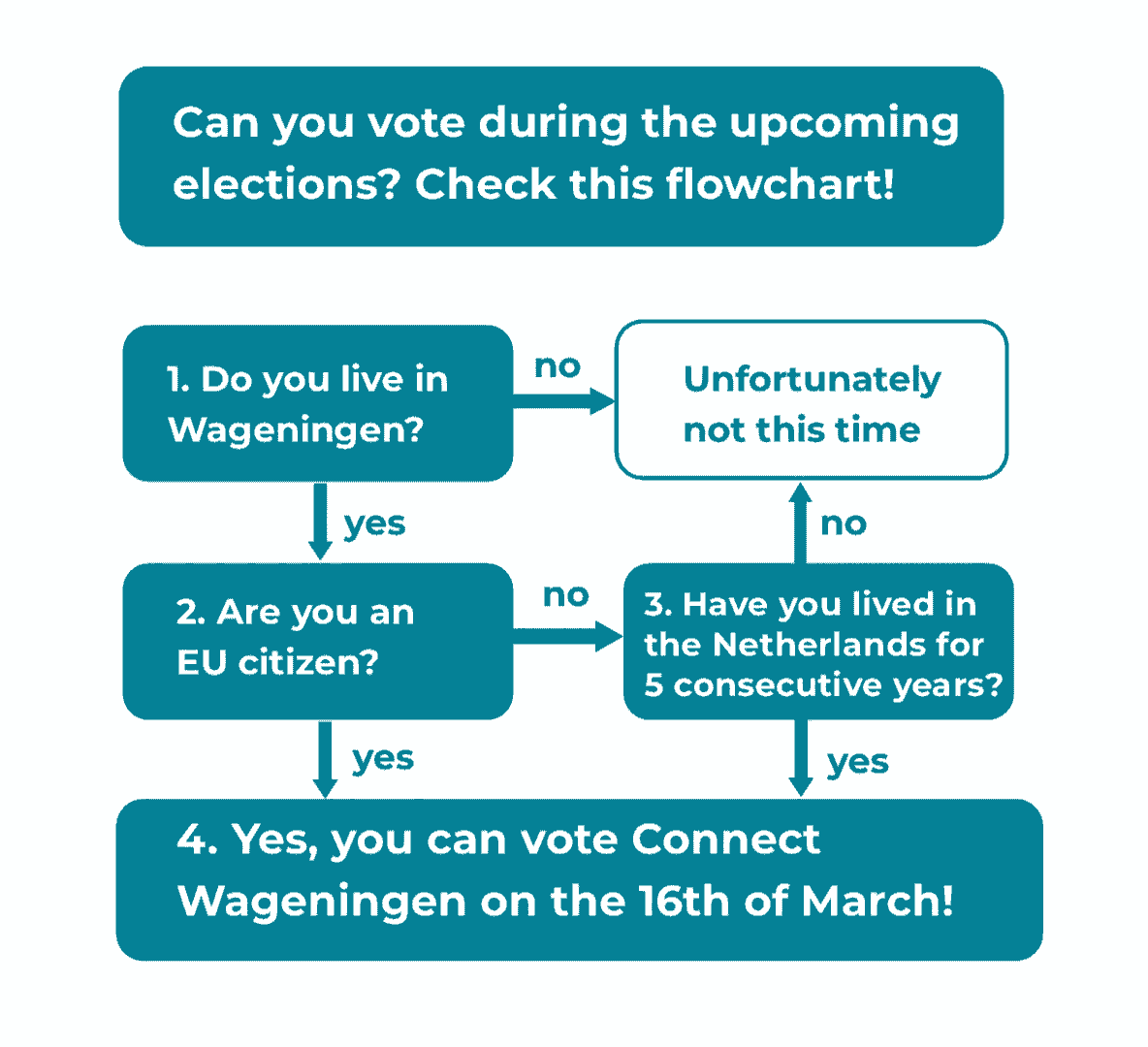
What does the municipality do?
What does the municipality do?
Municipalities play an important role in the Netherlands. A municipality, town hall or city council is known in Dutch as a gemeente, and you will hear this word often in all kinds of administration, from registering at your home address and paying taxes, to registering a marriage.
The gemeente is the third tier of governmental administration in the Netherlands, after the Dutch government and the Dutch provinces. As of January 1, 2022, there are 345 gemeenten or municipalities in the Netherlands.
Structure of the Dutch gemeente
Dutch municipalities are governed by the municipal council (gemeenteraad) and the mayor and aldermen (College van burgemeester en wethouders). Each municipality’s mayor is appointed by Royal Decree on the recommendation of the Minister of the Interior and Kingdom Relations. The aldermen are appointed by the municipal council, which is elected by the municipality.
Responsibilities of the gemeente
Dutch municipalities are in charge of many tasks and responsibilities. These include:
- Urban planning such as housing.
- Traffic and transport including roads and paths for cycling.
- Education such as the management of local public schools.
- Welfare and social affairs.
- Council rates such as property or tourist tax.
- Accepting applications for Dutch passports and driving licences.
A little context..
Voting at the upcoming elections
Can I vote in Wageningen?

Why Connect Wageningen?
Connect Wageningen is a new political party by youth, students, internationals and newcomers in Wageningen, for everybody in Wageningen. Connect Wageningen was founded by Mark Reijerman to realize a better reflection of the inhabitants of Wageningen in the city council. Although 30 % of Wageningen is student and Wageningen has about 100 different nationalities, these groups have been less considered in decision-making by the city council in Wageningen in the previous councils and needed some proper representation. For this reason, we wanted to get some students, internationals and young professionals in the city council and realize an inclusive, sustainable and better Wageningen for everybody. In the 2018 city council elections we got elected to represent all Wageningers in the council with two seats.
Why vote as an international?
If you live in a dutch city, it is your city too! The municipality plays an important role on issues such as traffic (bike, car, public transportation), leisure (sports, bars, cultural events) and facilities (expat centre, international education, public information). Different political parties have varying views on how these topics should be prioritized. There are also large ideological differences on how parties view topics such as immigration, sustainability and the European Union. You have a say in this, your vote shapes the future not only for you but all the other internationals who will start living in Wageningen.
Voting in municipal elections
At least 14 days before the election:
A stempas (polling card) in Dutch will be sent to you at your home address. You must take the polling card, together with proof of your identity (link in Dutch), to the stemabureau (polling station).
At least 4 days before the election:
You will receive the list of candidates, including the addresses of the polling stations.
Proxy voting:
If you are unable to vote in person, for example because you have to work or are on holiday, you can authorise another voter to cast your vote on your behalf (in Dutch).

